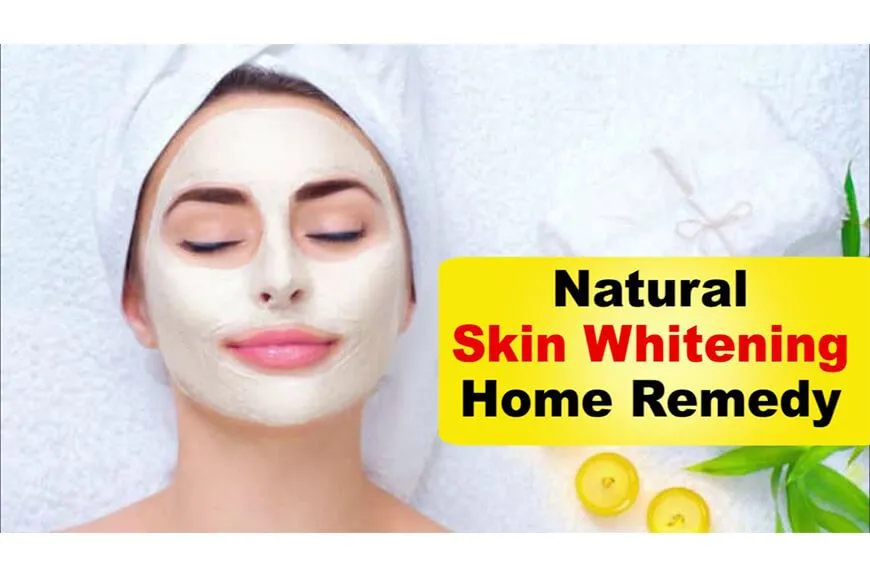Understanding Hair Whitening The Basics
Hair whitening, often referred to as graying, is a natural process that occurs as we age. However, it can also be influenced by a variety of factors, including genetics, lifestyle, and underlying health conditions. Understanding the basics of hair whitening involves knowing why it happens, what causes it, and how we can potentially slow down or reverse the process. The primary reason for hair whitening is the gradual decline in melanin production, the pigment responsible for giving hair its color. As we age, the melanocytes, which produce melanin, become less efficient, leading to a reduction in pigment and the appearance of gray or white hairs. While completely reversing the process might not always be possible, several remedies and lifestyle adjustments can help manage and potentially slow down hair whitening.
The Science of Hair Whitening How It Works
The science behind hair whitening is rooted in the biology of hair follicles and the role of melanin. Melanin, produced by melanocytes located in the hair follicle, is responsible for the color of our hair. There are two main types of melanin eumelanin, which produces black and brown pigments, and pheomelanin, which produces red and yellow pigments. The combination and concentration of these pigments determine our hair color. As we age, several factors affect melanin production. One of the primary factors is oxidative stress, which damages melanocytes and impairs their ability to produce melanin. This oxidative stress can be caused by free radicals, unstable molecules that damage cells. Another factor is the accumulation of hydrogen peroxide in hair follicles, which bleaches the hair from the inside out. Additionally, a decline in the number and function of melanocytes further contributes to hair whitening.
Factors That Cause Hair Whitening
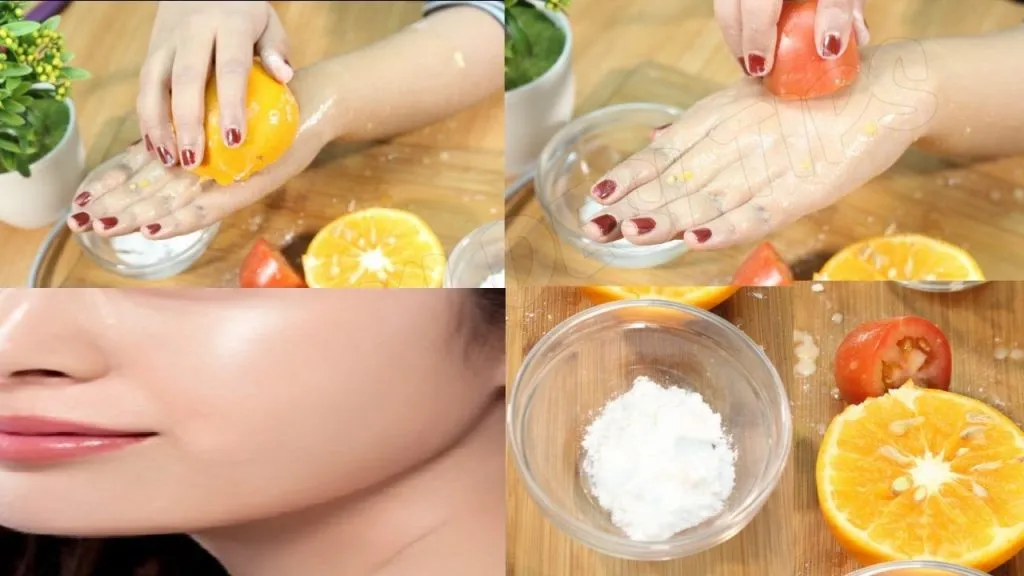
Several factors contribute to hair whitening, and understanding these can help in addressing the issue. While aging is the most significant factor, several other elements can accelerate the process. These factors can be broadly categorized into genetics, lifestyle, and health-related aspects. By recognizing these causes, individuals can take proactive steps to manage and potentially mitigate the effects of hair whitening. Identifying these factors is the first step towards developing a comprehensive approach to hair care and maintaining a vibrant, youthful appearance. This includes both natural remedies and lifestyle adjustments to counter these effects effectively.
Genetic Predisposition
Genetics plays a significant role in determining when and how quickly your hair will turn gray. If your parents or grandparents experienced premature hair whitening, you are more likely to experience it as well. Genes influence the activity of melanocytes and the production of melanin. Research indicates that specific genes are associated with the onset of hair whitening. While you cannot change your genetics, knowing your family history can help you anticipate and prepare for the process. This awareness can help in adopting preventive measures early in life to manage hair whitening. Understanding your genetic predisposition can also guide you in selecting appropriate remedies and lifestyle adjustments.
Ageing Process
The aging process itself is a primary driver of hair whitening. As we age, the melanocytes in our hair follicles gradually lose their ability to produce melanin. This decline is a natural part of the aging process and is inevitable. The speed at which this happens varies from person to person. The aging process also reduces the overall number of melanocytes. This reduction directly affects the amount of pigment available to color the hair. While there is no way to stop aging, understanding its impact on hair whitening can help you manage it. Incorporating anti-aging strategies, such as a healthy diet and proper hair care, can help in maintaining hair health and potentially slowing down the process.
Nutritional Deficiencies
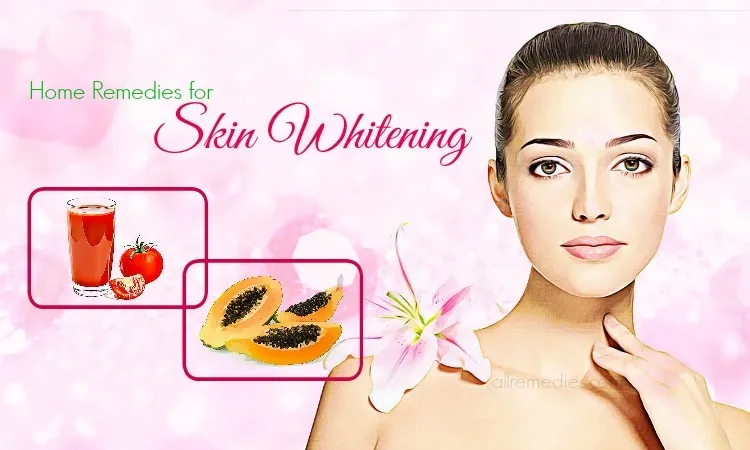
Nutritional deficiencies can significantly contribute to hair whitening. A lack of certain vitamins and minerals can impair melanin production and affect hair health. Deficiencies in vitamin B12, vitamin D, iron, copper, and zinc are often linked to premature hair whitening. Vitamin B12 is crucial for healthy hair growth and melanin production. Iron deficiency can lead to anemia, which may impact hair health. Copper plays a vital role in melanin synthesis, and a deficiency can affect hair pigmentation. Zinc is also essential for hair tissue growth and repair. Maintaining a balanced diet rich in these nutrients is crucial for preventing premature hair whitening. Consider consulting a healthcare professional or a nutritionist to address any nutritional deficiencies effectively.
Stress and Its Impact
Chronic stress can significantly impact hair health, contributing to hair whitening. Stress can disrupt the normal hair growth cycle and lead to premature graying. The exact mechanisms are still being researched, but stress can trigger oxidative stress, damaging melanocytes and reducing melanin production. Additionally, stress can lead to the release of certain hormones that can affect hair pigmentation. Managing stress through various techniques, such as meditation, yoga, and regular exercise, can help prevent hair whitening. Addressing stress can improve overall health and well-being, promoting healthy hair growth and potentially slowing down the graying process.
Top Hair Whitening Remedies
Several natural remedies can help in managing and potentially slowing down hair whitening. These remedies often focus on providing essential nutrients, reducing oxidative stress, and promoting overall hair health. While individual results may vary, these remedies have shown promise in improving hair pigmentation and maintaining hair health. It is important to use these remedies consistently and in combination with a healthy lifestyle for the best results. Combining these natural remedies with a balanced diet, stress management, and proper hair care can significantly contribute to improving hair health and addressing hair whitening effectively. Always conduct a patch test before applying any new remedy to your scalp.
Rosemary Oil Benefits and Application
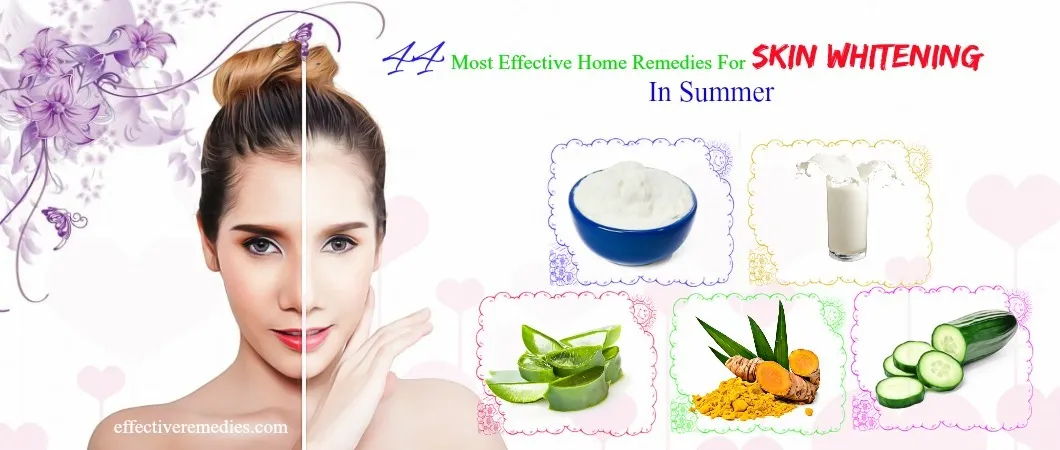
Rosemary oil is known for its potential to stimulate hair growth and improve hair pigmentation. It contains antioxidants that can help protect hair follicles from damage caused by free radicals. Regularly massaging rosemary oil into the scalp can improve blood circulation and enhance nutrient delivery to the hair follicles. The antioxidants in rosemary oil can protect melanocytes from damage. To use rosemary oil, dilute it with a carrier oil such as coconut or jojoba oil. Massage the mixture into your scalp for a few minutes, and leave it on for at least 30 minutes or overnight before washing it off. This can help improve hair health and potentially slow down the graying process. Using rosemary oil regularly can contribute to healthier, more vibrant hair.
Amla (Indian Gooseberry) for Hair Whitening
Amla, or Indian gooseberry, is a rich source of antioxidants and vitamin C, making it beneficial for hair health. It can help combat oxidative stress and support melanin production. The antioxidants in amla protect hair follicles from damage. Vitamin C promotes collagen production, which is essential for healthy hair growth. Regularly using amla in your hair care routine can help improve hair pigmentation and reduce premature graying. You can use amla oil, amla powder mixed with water to form a paste, or consume amla as part of your diet. Applying amla to your hair can nourish the scalp, strengthen hair follicles, and potentially reverse hair whitening. Consistent use of amla can contribute to stronger, healthier hair and a more youthful appearance.
Curry Leaves for Hair Health
Curry leaves are rich in antioxidants and nutrients that can benefit hair health and help prevent hair whitening. They contain vitamins and minerals that support healthy hair growth and pigmentation. Regularly using curry leaves can help maintain the natural color of your hair. You can incorporate curry leaves into your hair care routine by using curry leaf oil or making a hair mask with curry leaves and other ingredients. When using curry leaves, boil them in coconut oil and apply the oil to your scalp. Curry leaves can strengthen hair follicles and improve hair texture. Consistent use can help reduce premature graying and promote overall hair health.
Henna as a Natural Dye and Remedy

Henna is a natural dye that can effectively cover gray hairs while also conditioning the hair. It contains lawsone, a pigment that binds to the keratin in hair, providing color. Henna also has conditioning properties that can improve hair health and shine. Using henna regularly can help cover gray hairs and improve hair texture. It can also help reduce hair fall and promote hair growth. You can use henna powder mixed with water or other ingredients to create a paste. Applying henna can provide a natural, vibrant color and improve hair health. However, it is important to use henna correctly and to be aware of the color outcome.
Onion Juice for Hair Rejuvenation
Onion juice is known for its ability to stimulate hair growth and improve hair health. It is rich in sulfur, which is essential for the production of keratin, a protein that makes up hair. Onion juice can help reduce hair whitening by promoting melanin production and improving hair pigmentation. It can also help to prevent premature hair whitening. To use onion juice, extract the juice from onions and apply it to your scalp. The sulfur in onion juice can strengthen hair follicles and improve hair texture. Regular use can improve hair health and potentially reverse hair whitening. Always perform a patch test before applying onion juice to your entire scalp.
Black Seed Oil for Hair Whitening
Black seed oil, also known as Nigella sativa oil, is known for its potential benefits for hair health and pigmentation. It is rich in antioxidants and essential fatty acids, which can help protect hair follicles from damage and promote healthy hair growth. Black seed oil contains antioxidants that can help fight oxidative stress, which is a major contributor to premature hair whitening. The essential fatty acids in black seed oil can improve hair health and shine. To use black seed oil, massage it into your scalp and leave it on for at least 30 minutes before washing it off. Using black seed oil regularly can help maintain hair pigmentation and prevent premature graying. It can also improve hair texture and overall health.
Lifestyle Changes to Prevent Hair Whitening
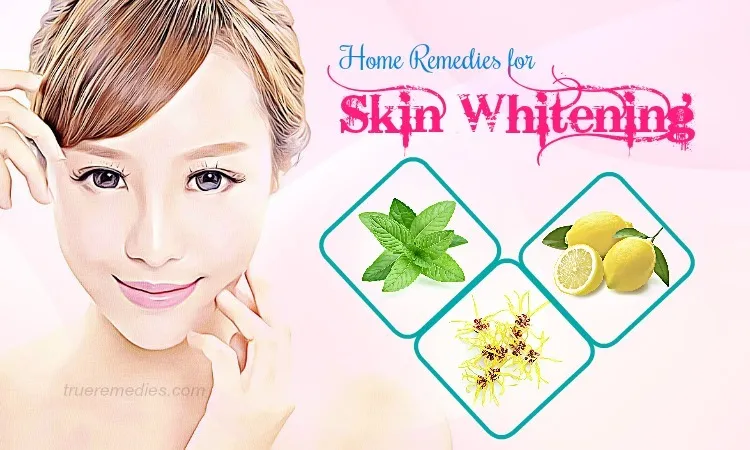
Making lifestyle changes can significantly impact hair health and help prevent hair whitening. These changes involve adopting habits that promote overall health and well-being, including a balanced diet, effective stress management, and a proper hair care routine. Implementing these changes can help protect hair follicles, reduce oxidative stress, and support melanin production. These lifestyle modifications can improve hair health and potentially slow down the graying process. Consistent effort and incorporating these changes into your daily routine can yield positive results. It is crucial to be consistent and patient to see noticeable improvements in hair health and pigmentation.
Diet and Nutrition Tips
A balanced diet plays a critical role in maintaining hair health and preventing hair whitening. Consuming foods rich in essential nutrients can support melanin production and protect hair follicles. Include foods rich in vitamins B12, D, iron, copper, and zinc in your diet. Vitamin B12 is crucial for healthy hair growth and pigmentation. Iron deficiency can lead to anemia and hair health issues. Copper and zinc are essential for melanin synthesis and hair tissue repair. Eating a diet rich in antioxidants, such as fruits and vegetables, can reduce oxidative stress and protect hair follicles. Consider consulting a nutritionist to create a personalized diet plan. A well-balanced diet supports overall health and can contribute to maintaining hair pigmentation.
Managing Stress Effectively
Managing stress is essential for preventing hair whitening. Chronic stress can disrupt the hair growth cycle and lead to premature graying. Incorporate stress-reducing techniques into your daily routine. Consider practicing meditation, yoga, or deep breathing exercises. Regular physical activity can also help manage stress levels. Spending time in nature and engaging in relaxing hobbies can also be beneficial. Implementing these strategies can help reduce stress and protect your hair health. Effective stress management can improve overall well-being and potentially slow down the graying process. Consistency and incorporating these techniques into your daily life are important.
Hair Care Routine
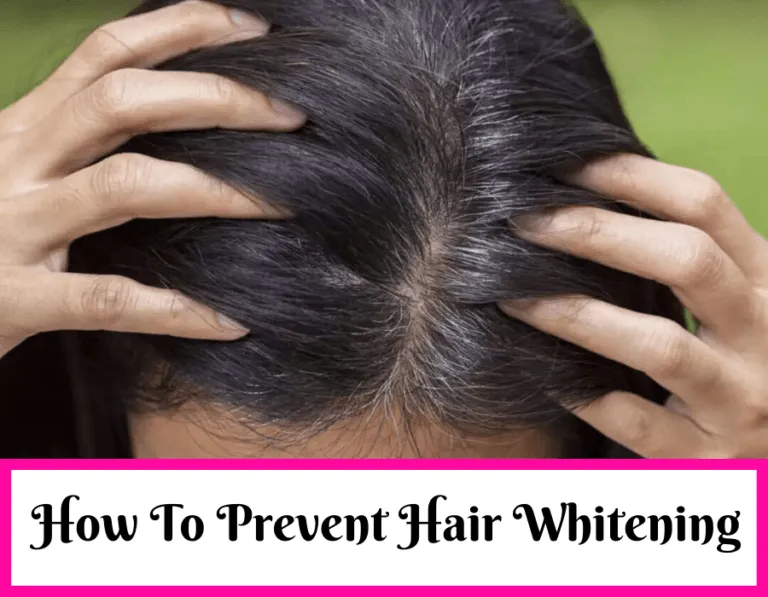
A proper hair care routine can help maintain hair health and prevent hair whitening. Use gentle shampoos and conditioners that do not contain harsh chemicals. Avoid excessive heat styling and protect your hair from sun exposure. Regularly moisturize your hair to keep it hydrated and healthy. Consider using hair masks and treatments that support hair pigmentation. Avoid harsh hair treatments and products. A consistent hair care routine helps maintain hair health, improve texture, and potentially slow down graying. Incorporating these practices can contribute to healthy and vibrant hair.
Expert Tips and Advice
Seeking expert advice and following professional recommendations can be beneficial in addressing hair whitening. Dermatologists and hair care specialists can provide personalized advice and treatments. They can assess your hair health and recommend effective solutions. Combining expert advice with the remedies and lifestyle changes discussed earlier can provide comprehensive care. This can improve hair health and potentially slow down the graying process. Consulting with professionals ensures that you receive tailored guidance and the most appropriate care.
Consulting a Dermatologist
Consulting a dermatologist is a crucial step in addressing hair whitening. A dermatologist can accurately diagnose the cause of your hair whitening. They can conduct tests to identify any underlying health conditions. They can also recommend appropriate treatments and procedures to address the issue. A dermatologist can provide expert guidance on managing hair whitening and maintaining overall hair health. Seeking professional advice ensures you receive personalized and effective care. Regular check-ups and following their recommendations can contribute to improving hair pigmentation and health.
Common Mistakes to Avoid
Avoiding common mistakes can help in preventing hair whitening. Refrain from using harsh chemicals and excessive heat styling. Over-washing your hair can strip it of its natural oils, leading to damage. Failing to protect your hair from sun exposure can accelerate the aging process. Neglecting a balanced diet and adequate nutrition can exacerbate hair whitening. Ignoring stress management and a proper hair care routine can also negatively impact hair health. By avoiding these mistakes, you can protect your hair, improve its condition, and potentially slow down hair whitening. Making informed choices and following best practices will help you maintain healthy and vibrant hair.
In conclusion, addressing hair whitening involves a multi-faceted approach that includes understanding the underlying causes, utilizing natural remedies, and adopting healthy lifestyle habits. While complete reversal may not always be possible, various strategies can help manage and potentially slow down the process. By incorporating these remedies, lifestyle changes, and seeking expert advice, individuals can improve their hair health and maintain a youthful appearance. Consistency and patience are key, and a holistic approach is often the most effective way to combat hair whitening and promote overall well-being. Remember to consult with healthcare professionals for personalized advice and treatment plans.
